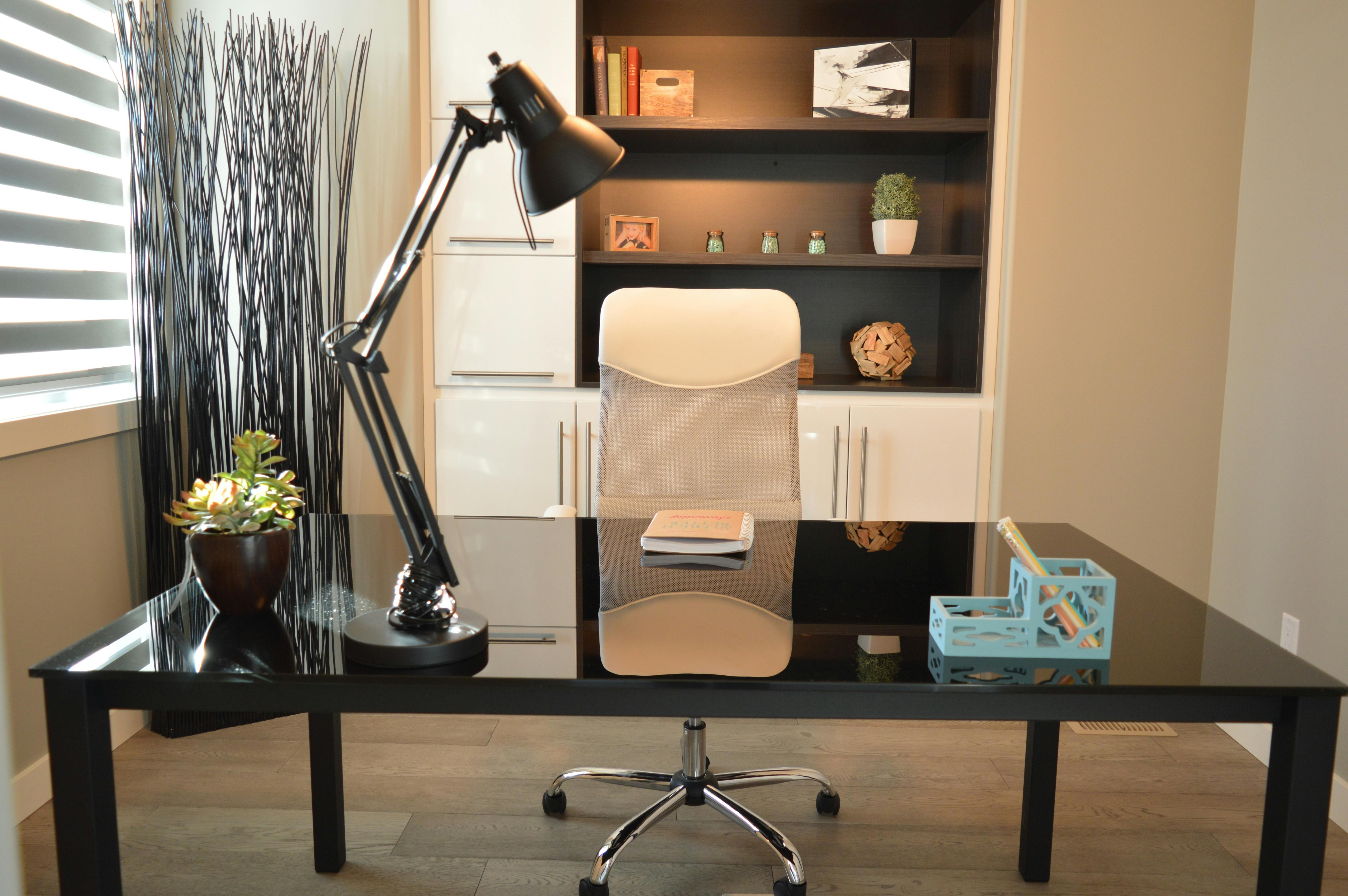When it comes to designing an office space, there are a number of key essentials that should not be overlooked. From furniture to lighting and even the color scheme, the way an office is designed can have a significant impact on employee productivity, morale, and overall satisfaction. In this article, we’ll take a look at some of the most important office interior essentials that every business owner should consider.
1) Comfortable and Ergonomic Furniture
One of the most important aspects of any office space is the furniture. Comfortable and ergonomic chairs, desks, and other pieces of furniture can help prevent employee fatigue and discomfort, and ultimately increase productivity. When selecting office furniture, it’s important to consider factors such as adjustability, support, and durability.
Comfortable and ergonomic furniture can improve the overall well-being and productivity of employees. In a review of 250 case studies, the Washington State Department of Labor and Industries found that reducing ergonomic risk factors prevented costly musculoskeletal disorders by almost 60%. The review also stated a 25% increase in productivity from implementing ergonomic solutions at work.
2) Ample Lighting
Lighting is another crucial aspect of office design. Natural lighting is ideal, as it can help boost mood and productivity, but not all offices have access to this. In these cases, artificial lighting should be carefully planned and installed to ensure that it provides enough light for employees to work comfortably and efficiently.
Proper lighting is essential for the comfort and productivity of employees.
A study conducted by the Department of Design and Environmental Analysis at Cornell showed that employees seated within 10 feet of a window reported an 84% decrease in eyestrain, headaches, and blurred vision symptoms. A study from Future Workplace backs Harvard’s findings, reporting that a direct view of natural light can increase the following factors:
- Employee wellness by 78%
- Job satisfaction by 73%
- Performance by 70%
- Organizational commitment by 54%
3) Integration of biophilic design
Biophilic design is a concept that incorporates elements of nature into the built environment in order to improve the health and well-being of occupants. This approach is becoming increasingly popular in office design, and for good reason. There are several important benefits of incorporating biophilic design into an office space like-
- Improved Employee Health and Well-being
- Increased Creativity and Productivity
- Improved Air Quality
- Reduced Energy Costs
4) A Welcoming Reception Area
The reception area is often the first thing clients and visitors see when they enter an office space, so it’s important to make a good impression. The reception area should be welcoming and comfortable, with comfortable seating, appropriate lighting, and attractive décor.
5) A Functional Break Room
Every office needs a functional break room where employees can relax, eat, and recharge. This space should include comfortable seating, a refrigerator, microwave, and other amenities that employees need to stay energized and focused throughout the day.
6) Thoughtful Color Scheme
The colors used in an office space can have a significant impact on employee mood and productivity. Blues and greens are calming and soothing, while yellows and oranges can be energizing. Neutral colors such as beige or gray can create a professional and calm atmosphere. It’s important to choose a color scheme that aligns with the company’s brand identity while also promoting a positive work environment.
- As mentioned by Syahrul Nizam & Emma Marinie (2010), colors also affect psychological aspects of the building‘s occupants. Some colors provide calmness, some provide comfort, some are stimulating and many others have an impact in different ways. This means that color will affect the mood of the occupant of the space. While the presence of color in your environment can impact the workplace, so does the lack of color! In fact, working in offices with a neutral chromatic atmosphere, like gray, will increase the risk of burnout by 15% and decrease productivity by 12%.
- O‘Brien (2007), suggests that a blue office is ideal for someone who must focus and concentrate on numbers, green is a great choice for a management office as it has a balancing effect, and yellow is suitable for sales offices. Therefore, the color scheme chosen for a workplace or an office must be made with proper consideration to produce better quality of work.
7) Adequate Technology
The right technology can help streamline workflow and increase productivity in the office. This includes computers, printers, scanners, and other essential equipment that employees need to get their work done efficiently. Additionally, reliable internet access and software are essential for communication and collaboration.
